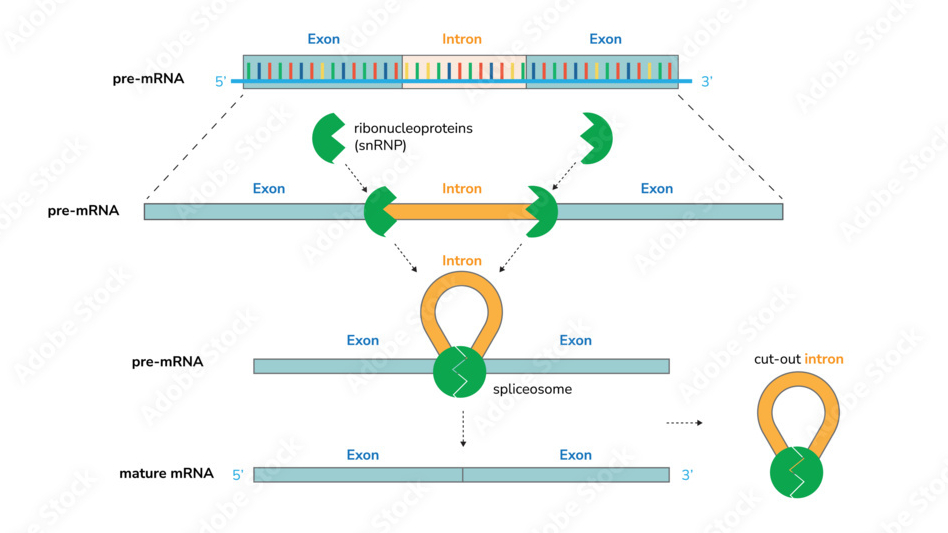
SpliceBio SL secures US$135m in Series B financing
SpliceBio SL has baged US$135m in a Series B financing co-led by EQT Life Sciences and Sanofi Ventures, with participation from Roche Venture Fund, as well as all existing investors The Barcelona-based company will use the proceeds to advance SB-007 in Stargardt disease and expand its pipeline of meds that regulate splicing.
SpliceBio SL will use the US$135m Series B cache injection to advance Phase I/II trials of its lead compound SB-007 in the retinal disorder Stargardt disease, namely the interventional ASTRA study launched in March and the observational POLARIS study. In the Series B new investors EQT Life Sciences and Sanofi Ventures joined the investment team of Roche Venture Fund and New Enterprise Associates, UCB Ventures, Ysios Capital, Gilde Healthcare, Novartis Venture Fund, and Asabys Partners.
SB-007 is a dual adeno-associated viral (AAV) gene therapy cleared by the Food and Drug Administration (FDA) and the UK Medicines and Healthcare products Regulatory Agency (MHRA). SB-007 is designed to produce a functional copy of the full-length ABCA4 protein (AVCA4 gene: 150 KB) by protein splicing regardless of the specific ABCA4 mutation. The proceeds will also be used to accelerate SpliceBio’s pipeline of AAV gene therapy programs in ophthalmology, neurology, and other undisclosed indications that utilise the company’s proprietary Protein Splicing platform t.hat was licenced to Roche’s gene therapy unit Spark Therapeutics for US$216m in October 2023.
SpliceBio is expanding the scope of diseases that can be tackled with gene therapies by addressing a fundamental limitation of AAV vectors in their inability to deliver genes that exceed their limited packaging capacity of 4.7 kilobases . Many genetic disorders remain untreatable because the necessary gene is too large to fit into the AAV vectors. SpliceBio’s unique Protein Splicing platform leverages the use of a family of proprietary, engineered proteins called inteins, originally developed at Princeton University. The company’s technology enables the splitting of the gene into two (or more) transgenes that are then delivered using dual AAV vectors. Once inside the cell, the DNA of each transgene is transcribed into messenger RNA and translated into protein. SpliceBio’s engineered inteins are designed to then assemble the full-length protein that is needed to treat the disease.
New delivery technologies for CRISPR gene editing, which do not rely on AAV vectors, may become an alternative to splicing approaches as soon as a new company has been spun off from Helmholtz Munich. While French EG 427 SA is using HSV-1 vector technology that allows insertion of up to 30kB gene of interest, minicircle DNAs can transport cargos of at least 22kB.
In connection with the financing of SpliceBIO, Daniela Begolo, Managing Director at EQT Life Sciences, Laia Crespo, Partner at Sanofi Ventures, and Carole Nuechterlein, Head of Roche Venture Fund, will join the SpliceBio Board of Directors.




 Freepik.com
Freepik.com